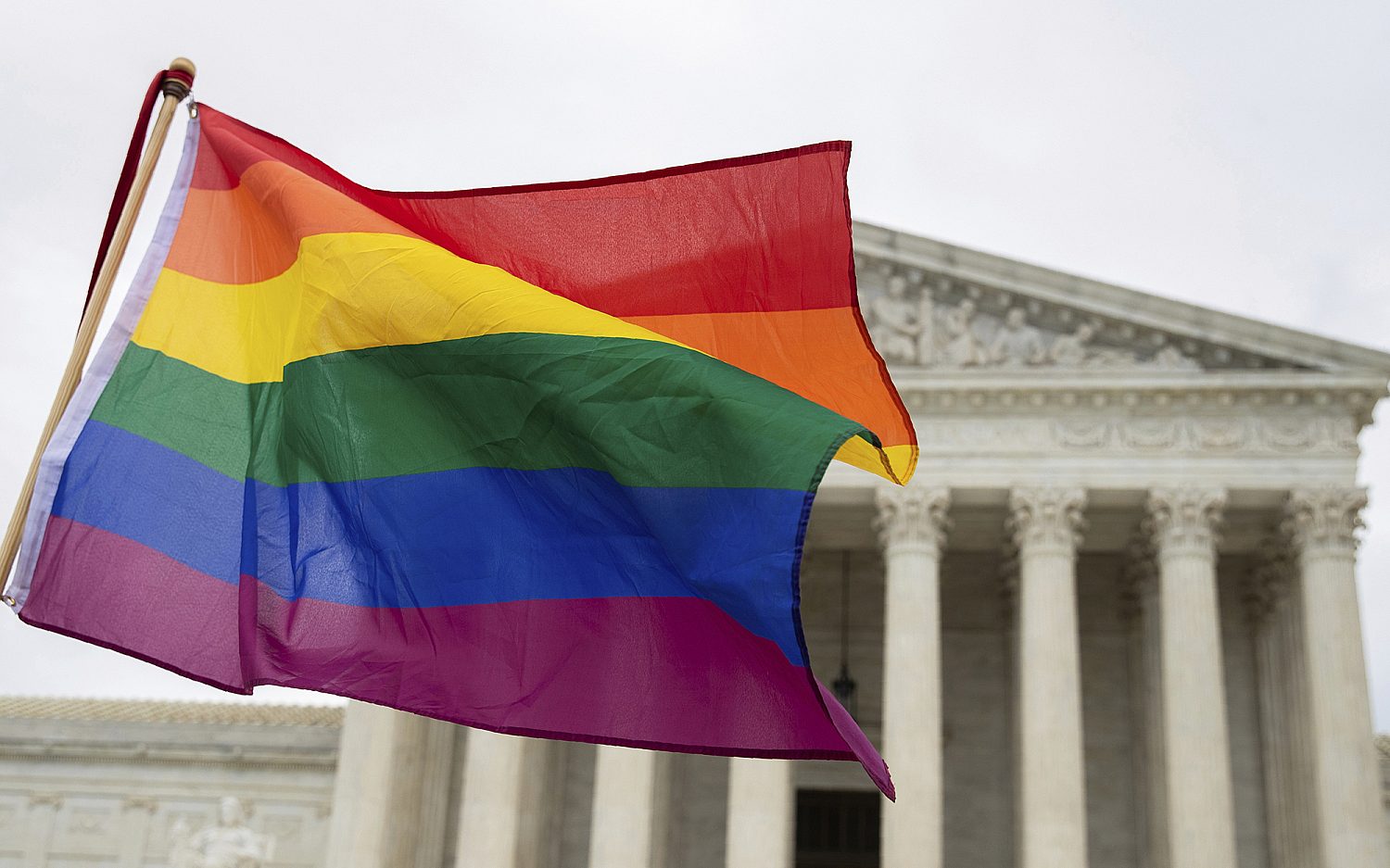Terrorist teacher
Muslim man re-sentenced to 15 years for a third time for his terrorist connections
A former teacher at a private Muslim elementary school was sentenced a third time Friday to 15 years in prison for helping the leader of a terror group ship 50,000 paintball pellets from the U.S. to Pakistan, among other allegations.
In the past five years, U.S. District Judge Claude Hilton had twice sentenced Ali Asad Chandia to 15 years in prison for supporting the Pakistani terror group Lashkar-e-Taiba. And twice a federal appeals court tossed out the sentence, ruling that Hilton did not articulate his justification for such a harsh term.
At Friday's sentencing hearing in Alexandria, Hilton ticked off a long list of facts that he said were evidence that Chandia was aware of Lashkar's violent intentions and its December 2001 designation as a terrorist group. He also said Chandia had a friendly relationship with one of the group's leaders, Mohammed Ajmal Khan.
The Pakistani militant group has long opposed Indian control of the disputed Kashmir territory and has espoused anti-American rhetoric. Lashkar-e-Taiba was blamed for the 2008 terrorist attacks in Mumbai that left 166 people dead.
Chandia "knew that Lashkar-e-Taiba was a violent, dangerous group that engaged in acts of violence against the Indian government," Hilton said. In addition to helping ship the paintballs (and paying the $761 in shipping), Chandia helped drive Khan around the D.C. area on his visits to the U.S. in 2002 and 2003. He was also, according to the government, one of three men in the area who also helped Khan try to acquire materials including software to control an unmanned aerial vehicle, kevlar, and night vision goggles.
Chandia also traveled to Pakistan shortly after the Sept. 11 attacks and was seen at a Lashkar office in Lahore. Chandia said he traveled to Pakistan for his brother's wedding. Chandia has family in Pakistan, including a father who is a prominent attorney there.
The judge said those facts justified a "terrorism enhancement" that can result in a significantly higher sentence. Under federal sentencing guidelines, Chandia would have been subject to 6 1/2 years at most without the terrorism enhancement.
Chandia's lawyer, Marvin Miller, said he will again appeal the sentence. He said the terrorism enhancement requires proof that Chandia intended to coerce or intimidate a government by his actions, and the facts in this case don't support it.
Chandia, who taught third grade at the al-Huda school in College Park, Md., was one of roughly a dozen people convicted as part of a government investigation into a network of young Muslim men from the D.C. area who used paintball games to train for global holy war.
Chandia's connections to the group were described by some witnesses at his trial as tenuous. He rarely if ever participated in the paintball games, and some testified he was excluded from some discussions about global jihad because they perceived him as soft and bookish.
On the other hand, searches of the men's homes also turned up, according to reports from the Washington Post, semiautomatic rifles and radical literature from the Internet, including "The Terrorists' Handbook." Agents also found audiotapes praising bin Laden in Chandia's house and in the front seat of his Dodge Neon a CD showing the planes smashing into the World Trade Center as voices in the background chanted "Allahu Akbar" -- God is great.
The courtroom was filled Friday with Chandia's supporters in the Muslim community, as it has been for all of his court hearings, who say the prosecution has been overzealous.
Chandia declined to speak at Friday's sentencing. In previous hearings, he maintained his innocence and said he would exact revenge against prosecutors in the afterlife. "God knows well that I did not support any terrorists," Chandia said when he was first sentenced in 2006. "Those who participated in making my children orphans ... should just remember that the day of judgment is on the way."
He continued: "If my parents should die before me, I ask my mother to plead and complain to Allah that a piece of her heart was taken away because of some toy paintballs."
A Washington Post article on Chandia soon after his original trial described him as not "especially religious" when he arrived in Gaithersburg at age 17. But in college he was attracted to a local mosque and eventually spent much time at a "new Islamic center in Falls Church called Dar al-Arqam, where he became the assistant to the main speaker, a charismatic scientist in his late thirties named Ali al-Timimi," reported the Post.
"In those days, young men [in the D.C. area] were very interested in jihad and martyrdom," Timimi told the FBI in a voluntary interview before his arrest in 2004, according to an agent's report. Chandia, he said, "used to ask hundreds of questions regarding jihad."
Image from www.aliasad.org, a website supporting Chandia.
The Associated Press contributed to this report.
"Like" us on Facebook today!
An actual newsletter worth subscribing to instead of just a collection of links. —Adam
Sign up to receive The Sift email newsletter each weekday morning for the latest headlines from WORLD’s breaking news team.





Please wait while we load the latest comments...
Comments
Please register, subscribe, or log in to comment on this article.